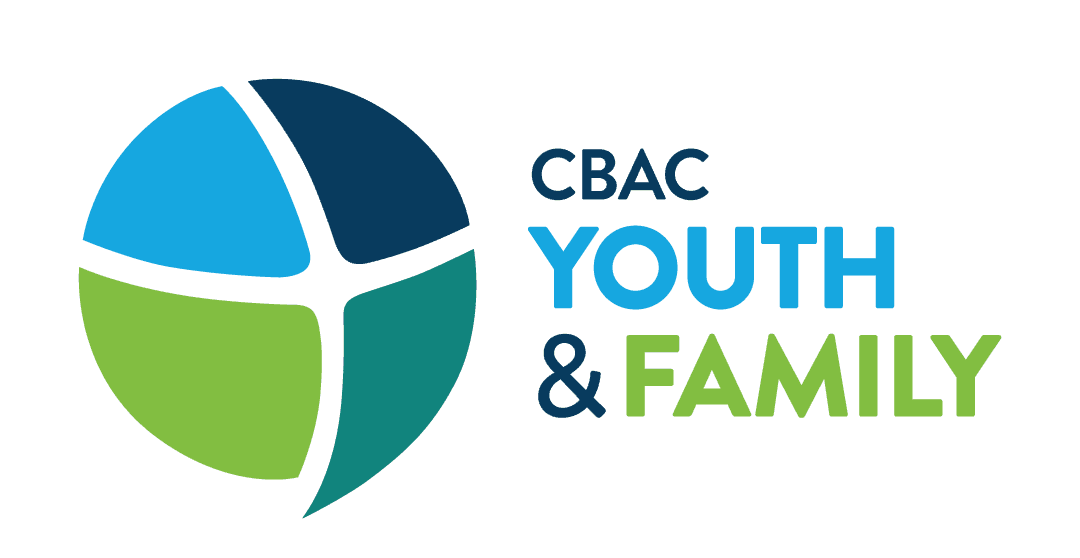Over the last number of years, I’ve been taking time in January to prayerfully discern a word for the year. It continues to surprise me how God uses these words to prepare me for the year ahead. As I entered 2019, the word God gave me was “Trust.” I had no idea how chaotic certain situations would become, and the ministry change that happened. Trust was a significant theme.
As I entered 2020, the word that was given to me was “Listen.” Again, I didn’t know what that would mean, so I began the early part of the year reading on prayer and spending time listening to what God would be saying.
As we moved through the early stages of the pandemic, and into the racial unrest that continues to grip our continent, it became evident to me that part of my time was to be spent listening to voices who were not white men. As someone who reads in theology and youth ministry, it is hard to find writings from authors that are from a different perspective. As I prepared for a course I’m teaching this fall, I spent time searching out books that represent various voices. I prayerfully read them, and sought to listen to the authors’ voices.
Here are some that I found:
Another Way : Living and Leading Change on Purpose (Chalice Press, 2020) by Stephen Lewis, Matthew Wesley Williams, and Dori Grineko Baker.
I discovered this book prior to the pandemic, and it quickly became a favourite leadership book of mine. The authors spend time sharing CARE practices to promote a form of leadership that is rooted in a community who listens to the Spirit’s leading together. Too many of our popular leadership books assume a leader-centric perspective, which seems to be contrary to a theology that celebrates the priesthood of all believers. They convincingly argue that lasting, positive change requires collective and coordinated efforts of a community of leaders – not the lone efforts and aspirations of an individual. Too many leaders try to do everything on their own and make all the decisions on their own. This practice is strangling our organizations and burning out our leaders. The next leadership book you read should be this one. Discover more about this book and its resources by visiting their page at the Forum for Theological Exploration (FTE).
Nobody Cries When We Die : God, Community, and Surviving to Adulthood (Chalice Press, 2016) by Patrick B. Reyes.
My exploration of FTE led me to this book, which gives meaningful attention to our background by sharing his story and the systemic forces that worked against him. The systems in which we are raised play a significant factor in our development and opportunities. Reyes challenges us to consider the individuals, communities, and systems that influence our vocational discernment. He reminds us that we always walk with others and that we need a community of support. Reyes’ book is an invitation to consider how our leadership is an opportunity to save lives within our community by calling them to new life. It was a significant book that caused me to reflect on how I have been able to ignore systemic racism.
Native: Identity, Belonging and Rediscovering God (Brazos Press, 2020) by Kaitlin B. Curtice.
As an Indigenous woman, Curtice invites her readers to consider their roles in fostering restoration and healing in their current culture. She calls out the church’s implicity in colonization and allows us to imagine how to faithfully follow Jesus in the process of decolonization. The church’s involvement in dehumanizing Indigenous people is among our deepest sins, and we need to pursue repentance and reconciliation. She narrates her story in such a way that it invites the reader to dream of alternative futures.
These are all written by American authors, and I would love suggestions from Canadian leaders who wrestle with our systems of injustice. It becomes easy for us to point our fingers at our American neighbours, and proudly proclaim that “we are not like them,” but our headlines reveal the ugly truth that similar systems of injustice live here as well. I admit that I don’t have great ideas on how we move forward, but I believe listening is an important step. I encourage you to consider these books as you look for new leadership material.
Thanks for listening,
Dan
#1neighbourhood
